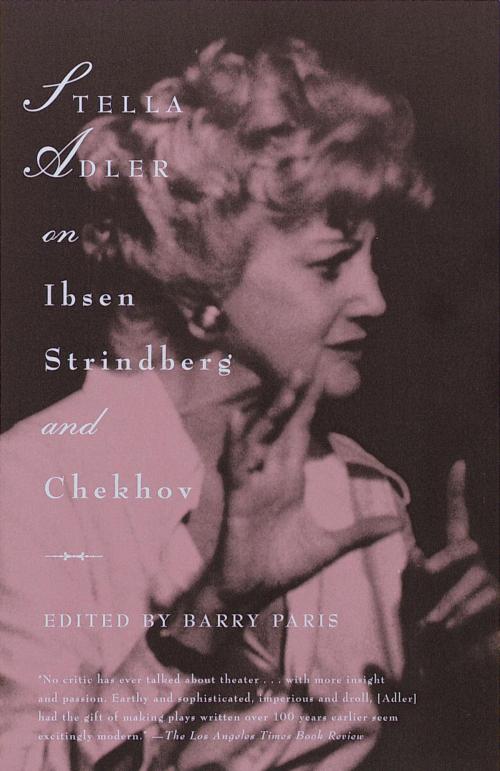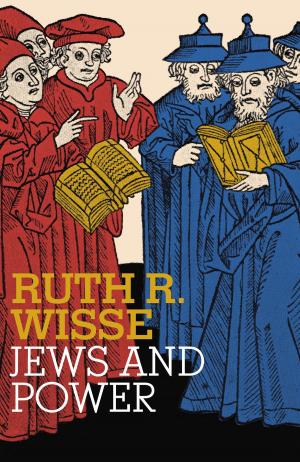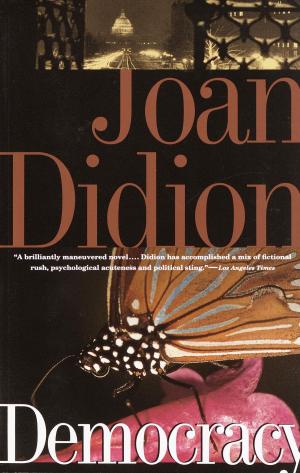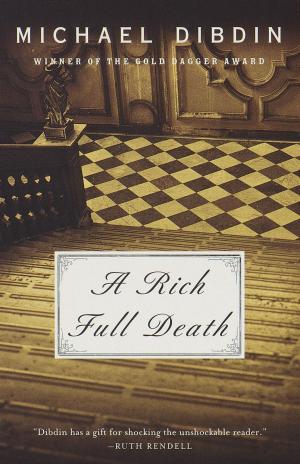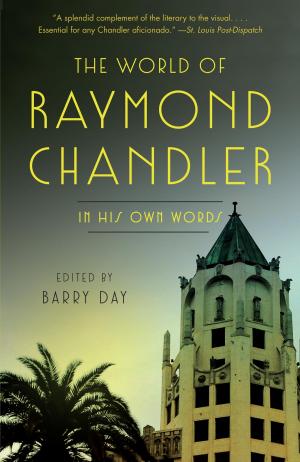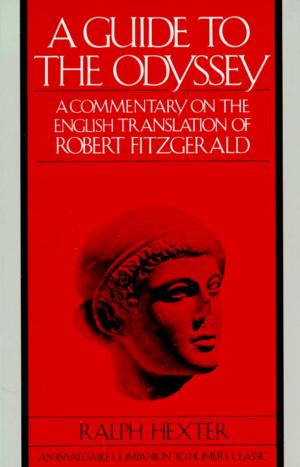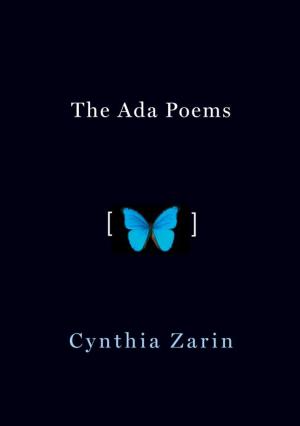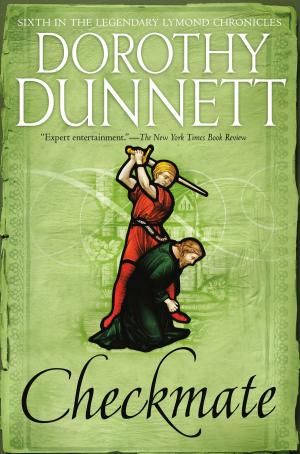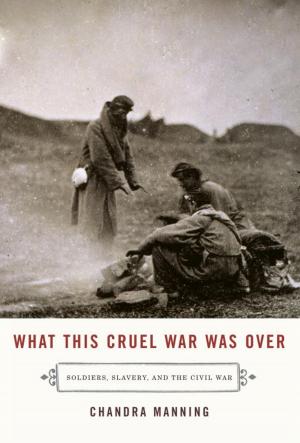Stella Adler on Ibsen, Strindberg, and Chekhov
Nonfiction, Entertainment, Performing Arts, Theatre, History & Criticism, Fiction & Literature, Literary Theory & Criticism, Drama History & Criticism| Author: | Stella Adler | ISBN: | 9780307787934 |
| Publisher: | Knopf Doubleday Publishing Group | Publication: | April 13, 2011 |
| Imprint: | Vintage | Language: | English |
| Author: | Stella Adler |
| ISBN: | 9780307787934 |
| Publisher: | Knopf Doubleday Publishing Group |
| Publication: | April 13, 2011 |
| Imprint: | Vintage |
| Language: | English |
In her long-awaited book, the legendary acting teacher Stella Adler gives us her extraordinary insights into the work of Henrik Ibsen ("The creation of the modern theater took a genius like Ibsen. . .Miller and Odets, Inge and O'Neill, Williams and Shaw, swallowed the whole of him"), August Strindberg ("He understood and predicted the forces that would break in our lives"), and Anton Chekhov ("Chekhov doesn't want a play, he wants what happens in life. In life, people don't usually kill each other. They talk").
Through the plays of these masters, Adler discusses the arts of playwriting and script interpretation ("There are two aspects of the theater. One belongs to the author and the other to the actor. The actor thinks it all belongs to the author. . .The curtain goes up and all he knows are the lines. . .It is not enough. . .Script interpretation is your profession").
She looks into aspects of society and class, and into our cultural past, as well as the evolution of the
modern spirit ("The actor learns from Ibsen what is modern in the modern theater. There are no villains, no heroes. Ibsen understands, more than anything, there is more than one truth").
Stella Adler--daughter of Jacob Adler, who was universally acknowledged to be the greatest actor
of the Yiddish theater, and herself a disciple of Stanislavsky--examines the role of the actor and brings to life the plays from which all modern theater derives: Ibsen's Hedda Gabler, The Master Builder, An Enemy of the People, and A Doll's House; Strindberg's Miss Julie and The Father; Chekhov's The Seagull, Uncle Vanya, The Cherry Orchard, and Three Sisters ("Masha is the sister who is the mystery. You cannot reach her. You cannot reach the artist. There is no logical way. Keep her in a special pocket of feelings that are complex and different").
Adler discusses the ideas behind these plays and explores the world of the playwrights and the
history--both familial and cultural--that informed their work. She illumines not only the dramatic essence of each play but its subtext as well, continually asking questions that deepen one's understanding of the work and of the human spirit.
Adler's book, brilliantly edited by Barry Paris, puts her famous lectures into print for the first time.
In her long-awaited book, the legendary acting teacher Stella Adler gives us her extraordinary insights into the work of Henrik Ibsen ("The creation of the modern theater took a genius like Ibsen. . .Miller and Odets, Inge and O'Neill, Williams and Shaw, swallowed the whole of him"), August Strindberg ("He understood and predicted the forces that would break in our lives"), and Anton Chekhov ("Chekhov doesn't want a play, he wants what happens in life. In life, people don't usually kill each other. They talk").
Through the plays of these masters, Adler discusses the arts of playwriting and script interpretation ("There are two aspects of the theater. One belongs to the author and the other to the actor. The actor thinks it all belongs to the author. . .The curtain goes up and all he knows are the lines. . .It is not enough. . .Script interpretation is your profession").
She looks into aspects of society and class, and into our cultural past, as well as the evolution of the
modern spirit ("The actor learns from Ibsen what is modern in the modern theater. There are no villains, no heroes. Ibsen understands, more than anything, there is more than one truth").
Stella Adler--daughter of Jacob Adler, who was universally acknowledged to be the greatest actor
of the Yiddish theater, and herself a disciple of Stanislavsky--examines the role of the actor and brings to life the plays from which all modern theater derives: Ibsen's Hedda Gabler, The Master Builder, An Enemy of the People, and A Doll's House; Strindberg's Miss Julie and The Father; Chekhov's The Seagull, Uncle Vanya, The Cherry Orchard, and Three Sisters ("Masha is the sister who is the mystery. You cannot reach her. You cannot reach the artist. There is no logical way. Keep her in a special pocket of feelings that are complex and different").
Adler discusses the ideas behind these plays and explores the world of the playwrights and the
history--both familial and cultural--that informed their work. She illumines not only the dramatic essence of each play but its subtext as well, continually asking questions that deepen one's understanding of the work and of the human spirit.
Adler's book, brilliantly edited by Barry Paris, puts her famous lectures into print for the first time.
